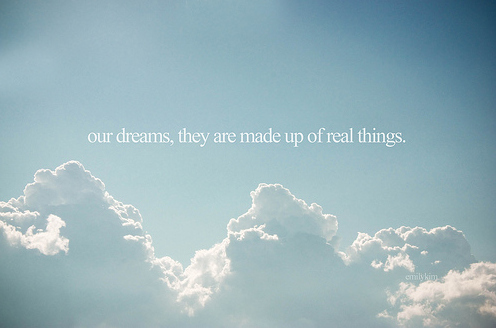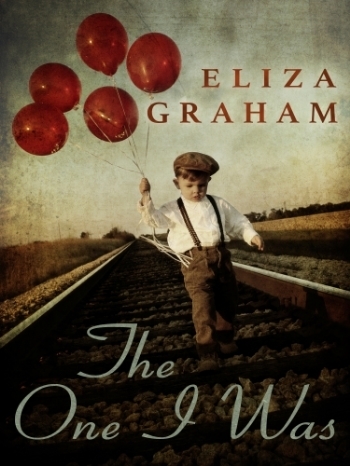Like many writers I am attached to my computer for large chunks of the day whilst I imagine myself into a different time and place. Not only am I inhabiting other worlds than the real one for much of my working life, but I'm also making friends in another virtual world here on my blog, on Twitter and Facebook.

That's two unreal worlds I am plugged into, let alone all the books I'm reading, which make a third.
It is easy to forget that none of these worlds are shared by the average person. When I was at my book group last week I happened to mention that authors could publish their books themselves. 'Really?' they said, 'you mean that
anyone can publish a book? How?'
I explained about self-publishing and ebooks, and uploading, until they began to look slightly glazed. 'Oh,' one of them said. 'I might try that, one day, I have a little memoir that would be fun for my family to read.'
I was astonished. These are book people - readers that buy books regularly both on and offline, but they had never actually noticed that the publishing industry has changed. Then I realised. It is not that they are ill-informed, not at all. It's just that they live in the real world. A world in which where books come from - their creation, manufacture and sales - is pretty much irrelevant. Yes, they are readers for pleasure, but books are just the icing on the cake of life.
They represent the average reader who browses books in the way cattle graze grass, picking off the bits they fancy, with no undue concern about how the grass got there in the first place. These are the readers who are not book-obsessed enough to subscribe to book blogs, or hunt down authors on the web, or to stalk authors on Twitter. These, I think, are actually our sane book buying public. If they see a book they fancy in the Oxfam shop, they'll buy it, or they might pick it up in Tesco, or they'll borrow it from the library if someone they know mentions it as a good read. These are normal people who think of a platform as a place where they will catch a train.
A lot of them have kindles, but are not avidly following the daily deals. They wait until they have finished what they are reading, then cast about randomly for their next read. It is often luck which particular title comes into their path. So how does a writer reach them as potential readers? Not by Twitter, or Facebook or Blogging. These are the people who have
lives, for heaven's sake!
[image error]
I love my real networks, my book group, the people I meet at Tai Chi, the people in my local garden centre. I talk to them about books (not necessarily my books, but books in general) and I usually recommend something. The best publicity is word of mouth, so I tell people when I have really enjoyed a book. I hope that other people will do that for me if they have enjoyed one of mine. Recommending someone else's book (unlike touting your own) is pain-free, embarrassment free, and a good service to both the author and the reader.

So here, for the sane book-buying public (who let's face it, are probably not reading my blog anyway, but are out at Pilates or Art Class or holding down a complicated and/or stressful job) are my recommendations for this week: BURIAL RITES by Hannah Kent and THE ONE I WAS by Eliza Graham
Historical literary fiction that is both gripping and engaging, although in
this interview Hannah Kent claims to hate the term 'historical novel'!
Bookbag review of The One I Was, a multi-generational roller-coaster of a novel that you won't want to put down.
 newest »
newest »
 newest »
newest »
 newest »
newest »
You are so right--we are in a little silo and forget, sometimes, that it's not a world our readers necessarily know about. Why should they? They simply want something to read.